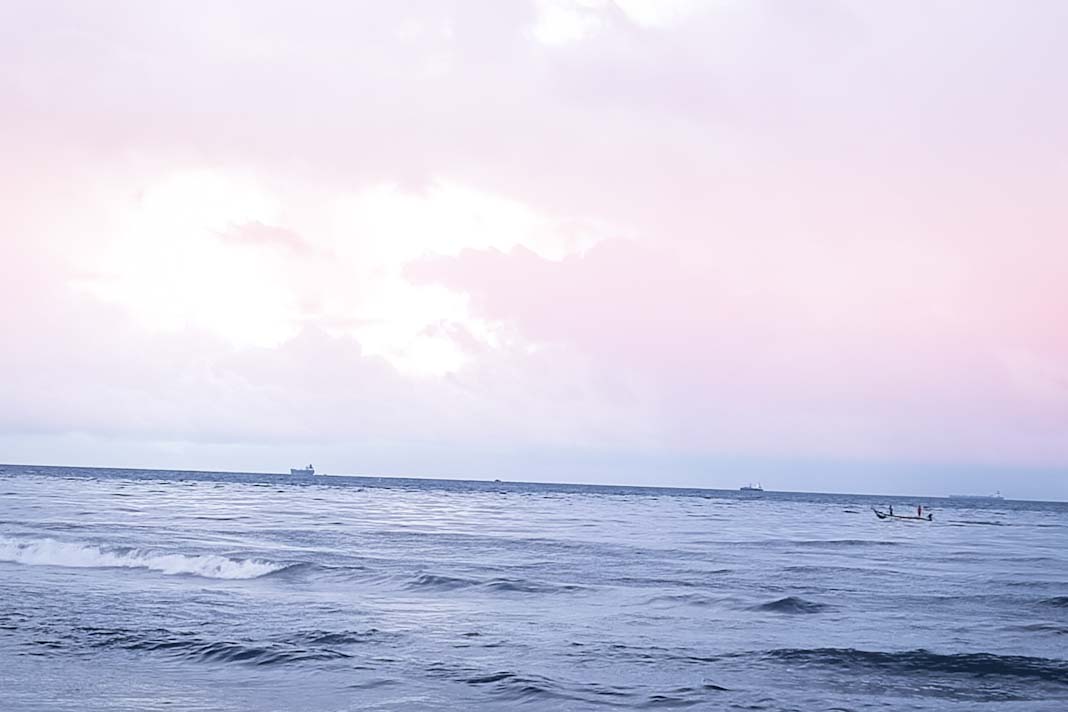- The oil tanker industry faces a critical shortage as Houthi attacks in the Red Sea lead to widespread trade diversions.
- With an unprecedented low in new supertankers and common avoidance of the southern Red Sea, shipping rates surge, impacting the global petroleum trade.
- Factors like production cuts, energy transition movements, and military interventions contribute to the scarcity.
- Analysts express optimism for tanker owners despite the challenges.
The oil tanker industry is at a critical juncture due to a scarcity of vessels, intensifying disruptions in global petroleum trade. Recent Houthi rebel attacks in the Red Sea have triggered widespread trade diversions, creating a challenging environment for the industry.
Unprecedented Low in New Supertankers
This year witnesses an unprecedented low in new supertankers, with only two expected to join the global fleet. This drastic 90% decline from the millennium’s yearly average raises concerns about the industry’s ability to meet growing demand amid geopolitical challenges.
Impact on Shipping Rates and Voyage Durations
The scarcity has led to common avoidance of the southern Red Sea, causing significant spikes in shipping rates and extended voyage durations. Top tanker owners’ reluctance to navigate this volatile area has added complexity to global trade routes, affecting the efficient delivery of petroleum products.
Factors Contributing to the Tanker Shortage
Several factors contribute to the scarcity, including last year’s production cuts by OPEC and its allies, constraining tanker demand. Broader energy transition movements, aiming to reduce reliance on fossil fuels, and military interventions in Yemen further discourage tanker navigation in the Red Sea.
Shift in Global Oil Flows and Rerouting Challenges
The scarcity coincides with a shift in global oil flows, leading to longer delivery times for European shipments. Rerouting around southern Africa has become common, impacting the efficiency of the global oil tanker fleet and contributing to delays in petroleum trade.
Analyst Optimism Despite Challenges
Despite industry challenges, equity analysts express optimism for tanker owners. Frontline Plc, the world’s largest listed pureplay tanker owner, has received 12 buy recommendations out of 16 covering companies. Similarly, International Seaways Inc., another top player, has garnered 11 buy recommendations from its 11 analysts. This positive outlook suggests confidence in the industry’s resilience and potential for recovery.
Did you subscribe to our daily Newsletter?
It’s Free! Click here to Subscribe
Source: Port News















![[Watch] Crazy Power Needed to Move World’s Largest Containerships](https://mfame.guru/wp-content/uploads/2023/11/mfame-tanker-100x70.jpg)


This site is fabulous. The radiant material shows the essayist’s enthusiasm. I’m dumbfounded and envision more such astonishing presents.